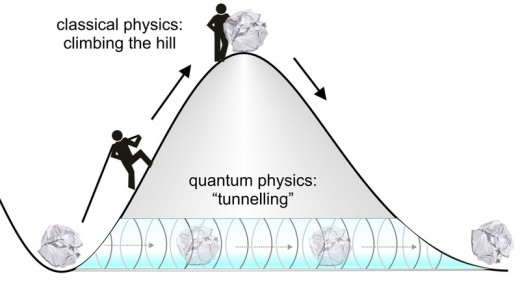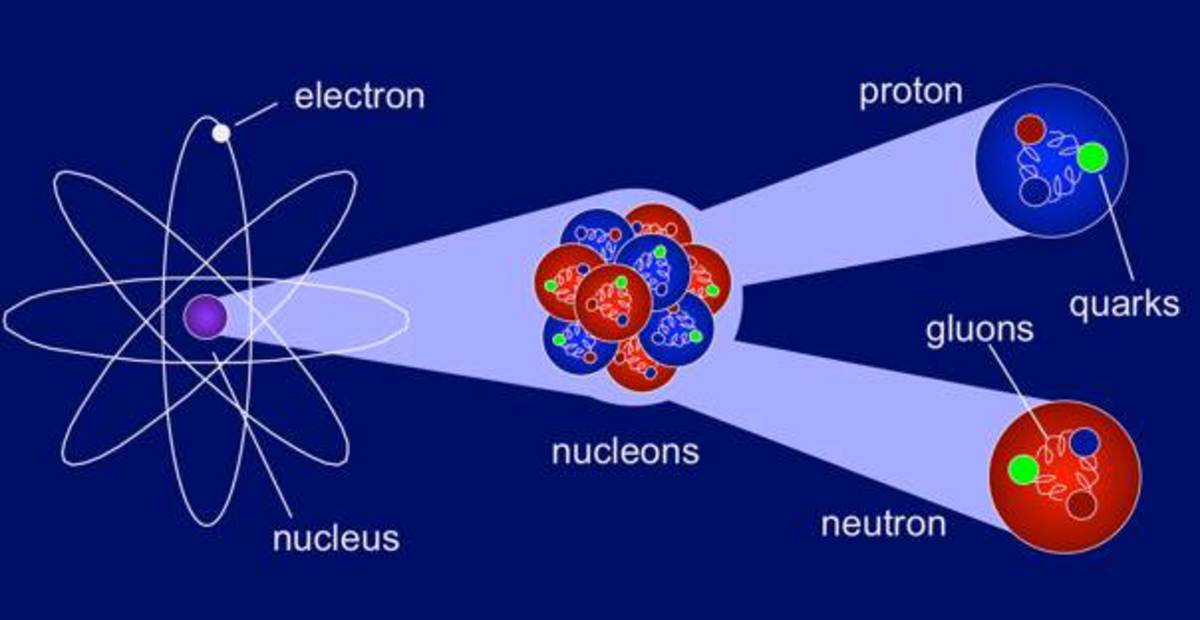What is Physics:
The word physics has been derived from the Latin word physica, which means natural thing. Though, there are many definitions of physics, yet it can be defined as “The study of the properties of matter, energy and their mutual relationship is called physics.” According to Microsoft Encarta, “Physics, major science, dealing with the fundamental constituents of the universe, the forces they exert on one another, and the results produced by these forces. Sometimes in modern physics a more sophisticated approach is taken that incorporates elements of the three areas listed above; it relates to the laws of symmetry and conservation, such as those pertaining to energy, momentum, charge, and parity.” It means that physics is the branch of science, which deals with the properties of matter and emery and the relationship between them. It also tries to explain the material world and the natural phenomena of the universe. The scope of physics is very wide and vast. It deals with not only the tinniest particles of atoms, but it also dwells upon natural phenomenon like galaxy, milky way, solar and lunar eclipse etc

